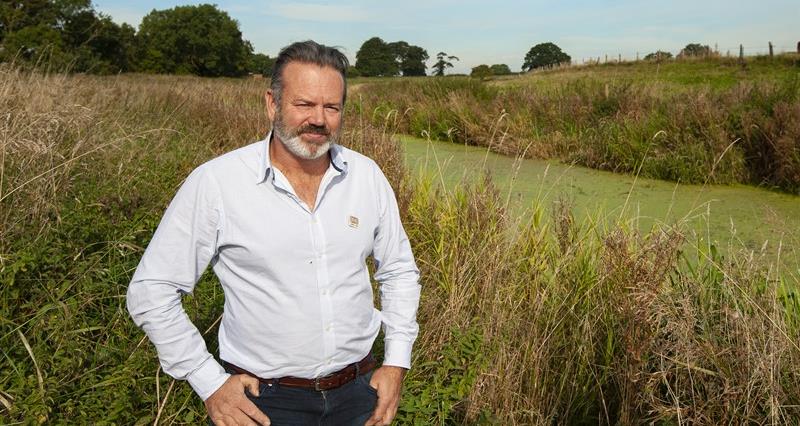The EAC inquiry intended to focus on the water industry and urban diffuse pollution, however there is increased attention drawn to pollution caused by farming.
The report, in part, blamed intensive livestock and poultry farming as polluters along with water companies.
The committee proposed that each of the major river catchments in England should have a ‘nutrient budget’ calculated.
It recommended any new poultry farms should not be granted planning permission, should these budgets be exceeded.
In its response, the government ruled out adopting a call for a planning presumption against new livestock developments as it said it could not insist that planning authorities adopt a broad policy against developing farming infrastructure.
“As we enter a new era of agriculture policy, it’s vital that future farming schemes enable farmers to invest in new technology and infrastructure to tackle potential pollution issues.”
NFU Environment Forum chair Richard Bramley
Better support for farmers
The government agreed with the EAC report’s call for farmers to be better supported to reduce nutrient inputs to help reduce pollution pressure on watercourses and pointed to farm support schemes such as ELMs (Environmental Land Management) approach.
The government also suggested that the Sustainable Farming Incentive could also focus on actions to reduce leaching and protect soils via nutrient management and water body buffer zones.
The NFU continues to highlight the investment made by the industry to improve water quality, with initiatives including the CFE (Campaign for the Farmed Environment), T&T (Tried and Tested) and the VI (Voluntary Initiative).
Future opportunity
In future, there is an opportunity for Defra to provide a blend of advice, payments and grants through the ATP, which supports farmers to deliver productivity and water quality benefits through better nutrient management.
The NFU has welcomed the Environment Agency's 'advice-led’ approach to enforcement, but reiterated that it must be a truly collaborative process that allows farmers to determine the best route to compliance on their farm.
Industry progress
NFU Environment Forum chair Richard Bramley said: “Good water quality in our nation’s rivers is of paramount importance to everyone and farmers want to continue to make their contribution. Farming has already made significant progress, with a 75% reduction in serious incidents year-on-year compared to 2000.
“Farmers want to do more to cut pollution levels further. Schemes like Catchment Sensitive Farming, which provides farmers with advice and grant support to combat run-off, has been successful and it’s encouraging the government wants to expand this.
“Farmers will continue to adapt and make improvements on their farms to ensure they can protect the environment while producing the nation’s food. As we enter a new era of agriculture policy, it’s vital that future farming schemes enable farmers to invest in new technology and infrastructure to tackle potential pollution issues. It’s positive that the government is looking at this, particularly with slurry infrastructure, and it’s crucial it is accessible to as many interested farmers as possible.”
